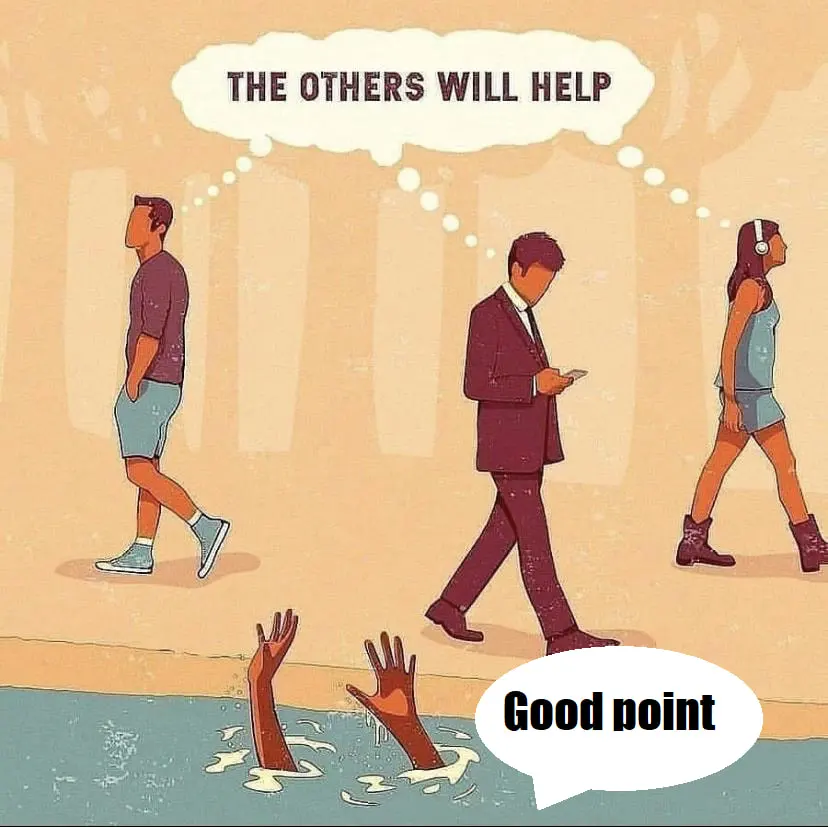Zygmunt Bauman - individualized society
What most critics fail to discuss as well is that this world, like any other human world, has been human-made; far from being a product of inscrutable and invincible laws of nature or sinful yet irredeemable human nature, it is, to no small extent, a product of what can only be called the political economy of uncertainty.
The major vehicle of this particular political economy of our times is the escape of power from politics; a flight connived with by traditional institutions of political control, above all by the governments of states, and more often than not actively aided and abetted by them through the policies of deregulation and privatization. The overall result of this process is, as Manuel Castells puts it, a world in which power flows, while politics stays tied to the place; power is increasingly global and exterritorial, while all established political institutions stay territorial and find it difficult, nay impossible, to rise above the local level. After two centuries of the modern effort to tame and domesticate blind and erratic forces of nature and replace them with rationally designed, predictable and manageable human order – it is now the outcomes of human activities that confront the actors as eccentric and capricious, wayward and impenetrable, but above all unbridled and uncontrollable ‘natural’ forces. Societies once struggling to make their world transparent, danger-proof and free of surprises now find their capacity to act hanging on the shifting and unpredictable moods of mysterious forces such as world finances and stock exchanges, or watch helplessly, without being able to do much about it, the continuous shrinking of labour markets, rising poverty, the unstoppable erosion of arable land, the disappearance of forests, growing volumes of carbon dioxide in the air and the overheating of the human planet. Things – and the most important things above all – are ‘getting out of control’. As the human ability to cope with problems at hand grows, so do the risks and new dangers which every new move brings, or may bring, in its wake.
The overwhelming feeling of ‘losing a hold on the present’ is the result, which in its turn leads to a wilting of political will; to disbelief that anything sensible can be done collectively, or that solidary action can make any radical change in the state of human affairs. That condition is seen increasingly as a ‘must’ – a supreme necessity which can be interfered with by humans only at their own peril. We hear again and again that the sole medicine for the morbid side-effects of deregulated competitiveness is more deregulation, flexibility and a yet more resolute refusal to meddle. And in case one remains unconvinced, the clinching argument against resistance is the all-too-tangible absence of an agency powerful enough to carry out whatever decisions may be taken by joint deliberation and agreement. Even those who think they know what is to be done throw the towel into the ring when it comes to deciding who – what kind of an effective institution – is going to do it.
This is why, as Cornelius Castoriadis observed, our civilization ‘stopped questioning itself’. This, Castoriadis adds, is our main trouble. When people accept their impotence to control the conditions of their life, if they surrender to what they take to be necessary and unavoidable – society ceases to be autonomous, that is, self-defining and self-managing; or, rather, people do not believe it to be autonomous, and thus lose the courage and the will to self-define and self-manage. Society then becomes heteronomous in consequence – other-directed, pushed rather than guided, plankton-like, drifting rather than navigating. Those on board the ship placidly accept their lot and abandon all hope of determining the itinerary of the vessel. At the end of the modern adventure with a self-governing, autonomous human world, we enter the ‘epoch of universalized conformity’

As a Canadian: you are a maga trumpet if you allow him to invade Canada the second he inevitably wages war on us.